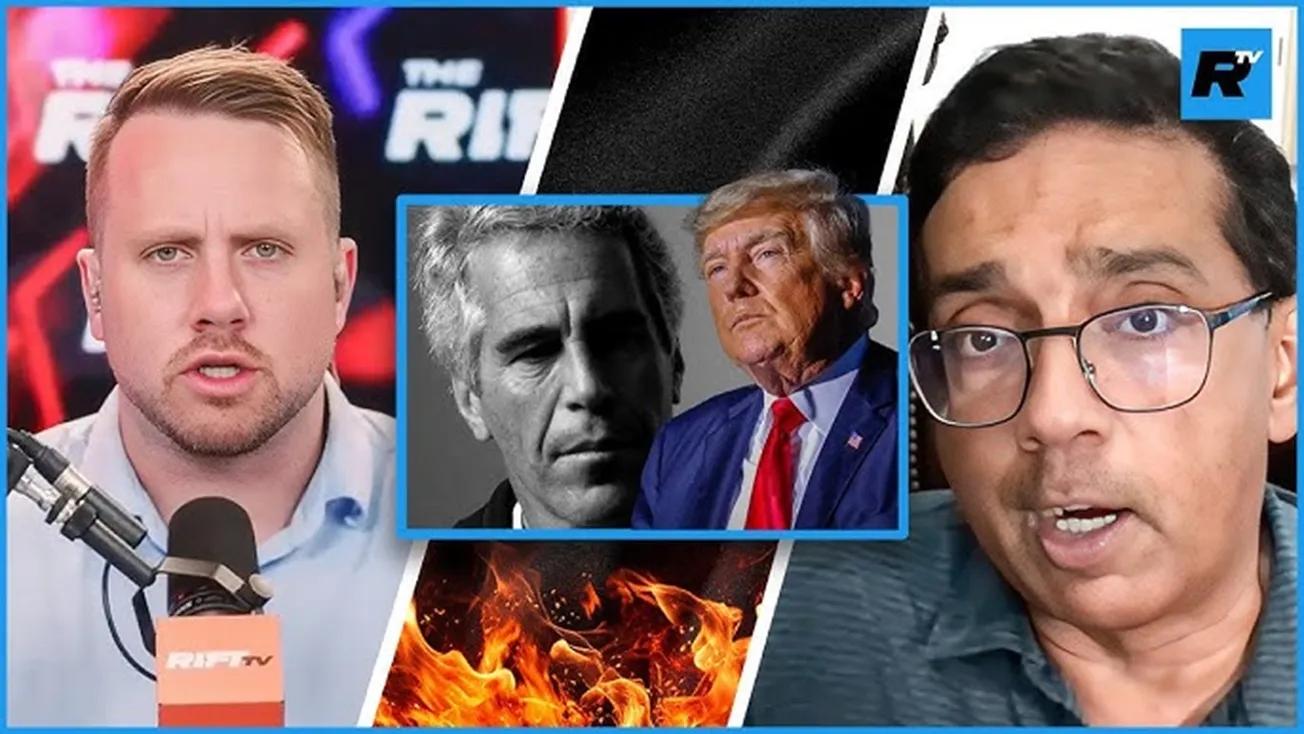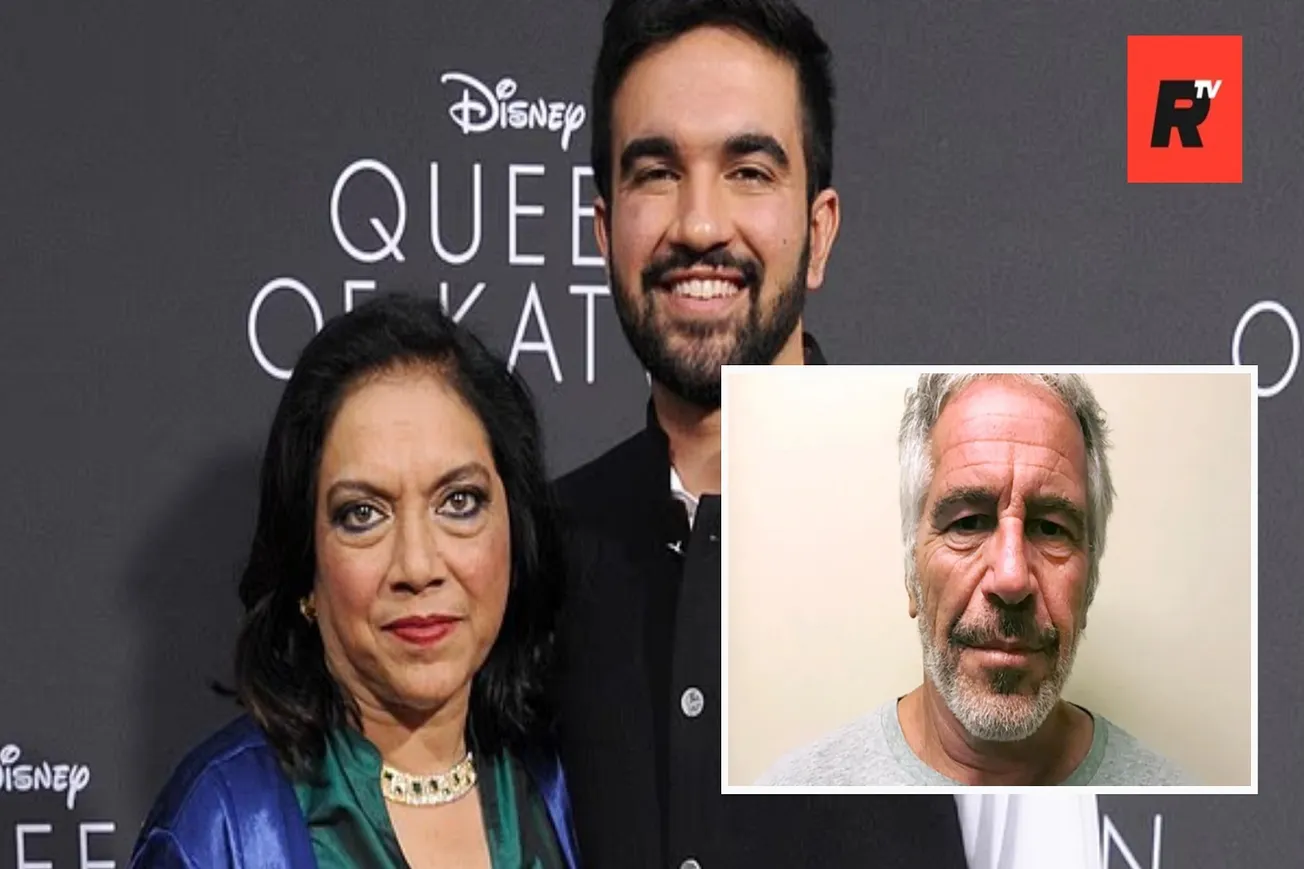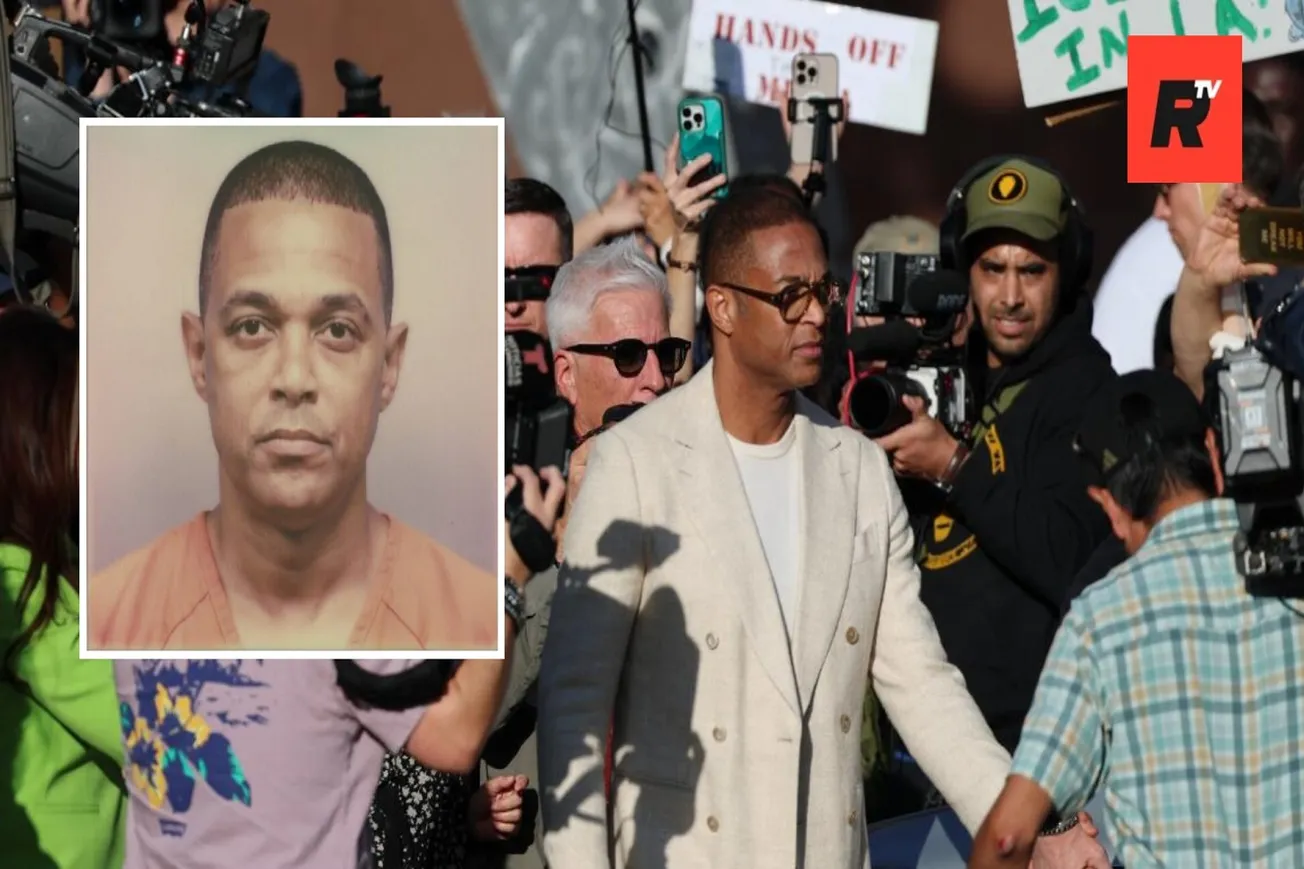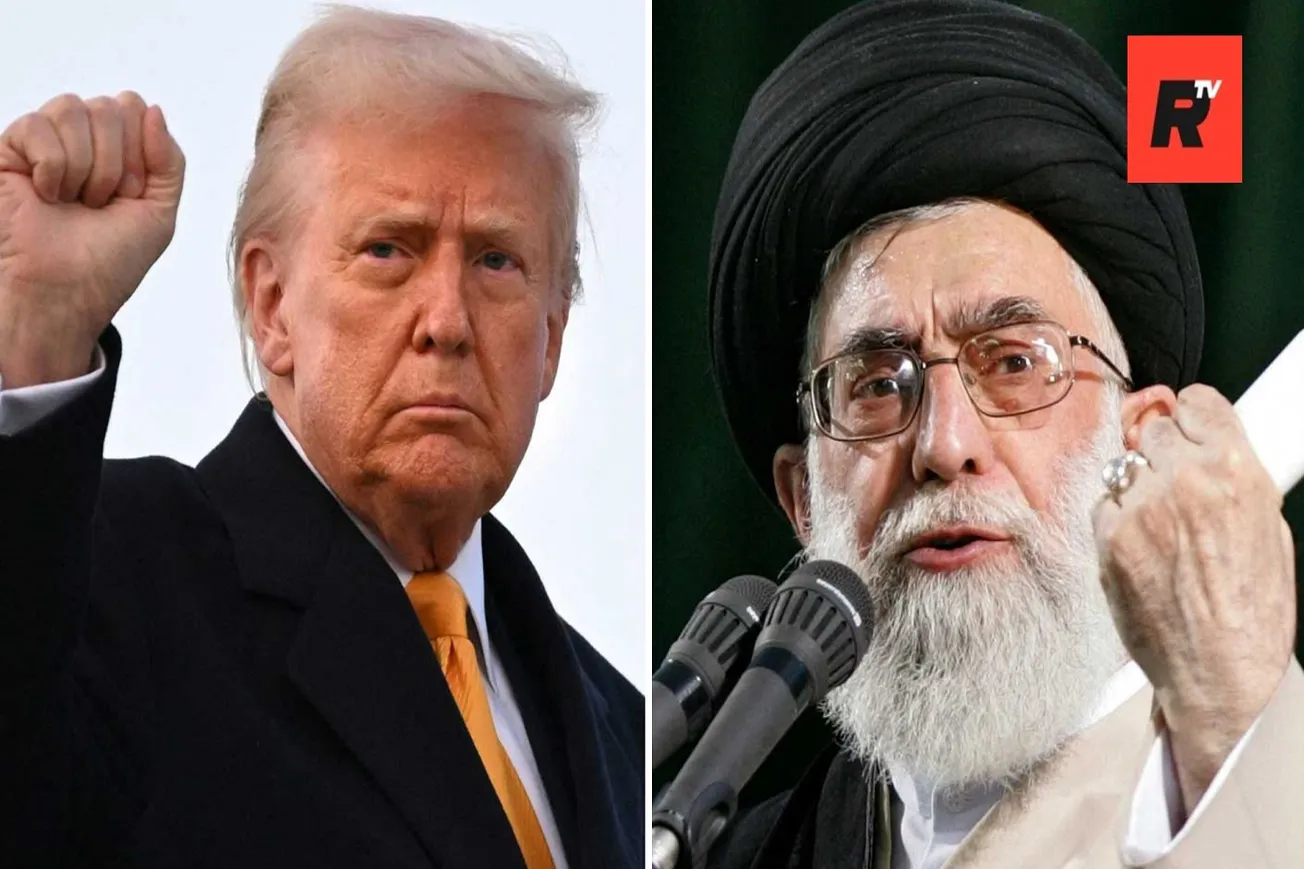Table of Contents
A firestorm engulfs the MAGA movement as President Trump’s dismissal of the Epstein files as a "Democrat hoax" has left his base seething, their blood boiling over unfulfilled promises of accountability for an elite network tied to Jeffrey Epstein’s child trafficking ring.
In an exclusive Rift TV interview, bestselling author and filmmaker Dinesh D’Souza sits down with host Elijah Schaffer to defend Trump’s stance, offering a perspective that seeks to make sense of the controversy.
While many in Trump’s base feel betrayed, D’Souza argues there’s a strategic rationale behind the decision—a rationale that demands trust in Trump’s judgment.
"It seems like yourself and others are just playing the game to not upset the Trump administration"
— RiftTV (@TheRiftTV) July 17, 2025
Elijah Schaffer (@ElijahSchaffer) questions Dinesh D'souza on why Trump has not released the Epstein Files!🔥 pic.twitter.com/TIMIChOdua
"Trump seems to be saying that there was some tampering with the files under the Democratic aegis. They’ve had four years to do it. They’re not above doing it. In fact, there’s specialists in doing it, and Trump seems to be making the prudential judgment that at the end of the day – this is not something that he wants to release,” D’Souza told Rift TV.
Schaffer, a vocal advocate for exposing the Epstein network, pressed D’Souza on whether Trump’s stance protects the American people or shields powerful elites.
"I can’t help but feel that a lot of people like yourself, included, are playing the long game here, particularly when it comes to politics, realizing, 'Look, it’s probably not politically expedient and profitable to really come against the Trump campaign when he’s taking such a hard line,'" Schaffer said.
"Could you convince people like me that you’re not just playing politics and that we also should somehow believe after Trump did the photo op phase one of the Epstein files, after he went out and Pam Bondi said that the Epstein files were on her desk, and that suddenly now we should be like, 'Well, if we want answers, we’re stupid.’ It feels like a smack in the face."
D’Souza, defending Trump’s judgment, argued that the president’s decision to withhold the files reflect strategic priorities in a representative democracy, not a cover-up.

"In a representative democracy, as opposed to a direct democracy, we elect people and we put them into positions of power, mainly because we trust their judgment on a lot of issues," D’Souza countered. "Let’s say you and I can certainly think of two or three scenarios where we would be in Trump’s place, and we are looking at these files as they are, and there’s something in them, or not in them, or about them, and we make a decision that we don’t want to release these files, and we don’t want to give the reason why we’re not doing it."
The anger among Trump’s base is palpable, fueled by years of perceived inaction against the elite. In 2016, the Wikileaks release of DNC and Clinton campaign emails exposed references to "spirit cooking,"a practice of the satanic occult, and alleged code words linked by the FBI to child sex trafficking, sparking the "Pizzagate" conspiracy.
Yet, no investigation into these claims materialized, leaving many to draw parallels with the Epstein scandal, where high-profile figures remain untouched.
While parents protesting COVID protocols or drag queen story hours faced federal scrutiny, and January 6 defendants endured decades-long sentences, the elite class implicated in Epstein’s orbit appears untouchable.
Trump’s base, long invested in justice for these issues, feels fed up with broken promises, their trust strained by his recent dismissal of their demands as "stupid."
Dinesh D’Souza is no stranger to navigating the treacherous waters of political scandals. A prolific author of books like The End of Racism and Hillary’s America, and the filmmaker behind documentaries such as 2000 Mules, which tackled election integrity, D’Souza has cemented his place as a leading conservative voice.

He, too, faced political persecution, having been prosecuted in 2014 for campaign finance violations—a case many view as a targeted attack for his outspoken criticism of the Obama administration.
He frames Trump’s position as a pragmatic choice, rooted in the complexities of navigating potentially doctored evidence.
"Let’s say, for example, that, through some sort of doctoring in the very recent past, the Democrats or Comey or those guys, added Trump’s name to the file, so his name has now been inserted into the file. It wasn’t in the file before, but it’s in there now," he posited. "Or you’ve got all these people who are associated with Epstein, maybe even went to Epstein’s island, but there is a menagerie of consent decrees, court orders, confidentiality agreements, attorney-client privilege, all this nest of constraints, and so as a result, it’s a viper’s nest to try to cut through that and just release these names."
He further noted, "Alan Dershowitz says that there are false names on the list, including his… so Trump goes, 'Listen, I may have a kind of random list, but I’m not going to just release the list where it’s got guilty and not guilty people mixed in together and let the American people sort it out.'"
These scenarios, D’Souza argues, highlight the complexity Trump faces, urging supporters to trust his judgment.
His own brush with the justice system—serving time in a confinement center for his conviction—gives him a personal stake in questioning the weaponization of federal power.
Acknowledging the gravity of the Epstein scandal, D’Souza doesn’t shy away from its horrors.
"I don’t believe Epstein killed himself, and obviously he ran a ring where he drew in all these very powerful people," he said. "It is clear that he was running an influence ring. And so, yes, there is information there that I want to know. I think that something terrible occurred, and I think people should be held accountable."
Yet, he cautions against letting this issue fracture the MAGA movement.
"Are we willing on this issue to sort of break with Trump? Are we willing to give up the gains of MAGA and basically bring the MAGA transformation to a grinding halt, because essentially, we’ve reached a point of no negotiation or no return with Trump?" he asked. "That is a suicidally foolish course of action."
Schaffer raised suspicions that Trump’s refusal to release the Epstein files could be tied to protecting donors or foreign interests, specifically Israel.
"A lot of people say he’s protecting our greatest ally. He’s protecting Israel,” Schaffer said. "There’s overwhelming evidence, in my personal experience, that Epstein is related to somewhat Israeli intelligence. … Why wouldn’t he just come out and say, ‘Listen, I want to be clear to you guys, Israel’s not involved. This has nothing to do with Mossad. That is a conspiracy theory.’
"Instead, we get cajoled and spoken down to that we’re 'stupid,' we’re 'not real MAGA,' we’re 'not his base.' And I take offense to that, considering my producer, who’s sitting here, was facing five years in prison for defending him on January 6."
D’Souza rejected the notion that Trump is a pawn of foreign powers, contending that the president's sacrifices—facing over 90 felony charges and surviving an assassination attempt—earn him some leeway.
"The Idea that a country of 10 million people can manipulate a country of 350 million people makes NO SENSE!"
— RiftTV (@TheRiftTV) July 17, 2025
Dinesh D'Souza (@DineshDSouza) explains why Trump is frustrated with Epstein and why Trump is NOT blackmailed by Israel. pic.twitter.com/CD8zh6aGVq
"I think what’s irritating Trump so much is that … he thinks, 'I put myself on the line unlike anybody else... I was facing 90 plus charges, a lifetime in prison. These people would have destroyed me. They tried to assassinate me,'" D’Souza said. "So hasn’t this earned me at least a modicum of respect, where people can say, all right, I’m going to give this guy a little bit of rope because he has put it all on the line.
"It’s the idea that a country of 10 million people can manipulate a country of 350 million people. It makes no sense."
As the Epstein files remain sealed, Trump’s base stands at a crossroads, torn between loyalty to their leader, a lame duck Repubican party and a hunger for justice against the deep state.
For now, the Epstein files remain a lightning rod, testing the loyalty and resolve of a movement that has staked its future on Trump’s leadership.





